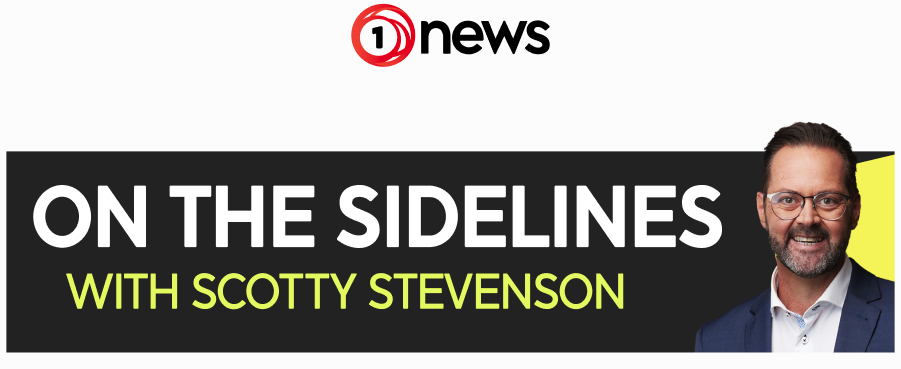New Zealand and Australia's bid to host the next FIFA Women's World Cup in 2023 received a significant boost today, with an independent report scoring the bid the highest.
The report has eased the nerves of NZ Football CEO Andrew Pragnell.
“I would be lying if I said we're not nervous about it, we absolutely are,” he said.
“It gives us cautious optimism at this stage, without taking anything for granted.
“I think we know the authority - as it should do - sits with that FIFA council exec, and they need to take account of a lot of things. But we're confident the tech report will be important in that decision making, and that it stands us in really good stead.”
The report scored each of the bids on criteria like stadium facilities, accommodation and the commercial potential of each bid.
The Australia-New Zealand bid was the only one to break the 400 mark out of a possible 500.
Colombia ranked poorest of the three bids, scoring 280.5, Japan significantly higher with 392.
The tantalising prospect of a home World Cup is exciting our top players
"It would just mean the world. That would be the reason, that's why I put in so much sacrifice, the reason I chose this career. Everything would just come together,” Football Fern Hannah Wilkinson said.
The report is only advisory, with the final decision resting with the FIFA Council, which has come under fire in the past.
“There'll be a lot of people who'll look at previous bids and there'll be some big question marks,” Pragnell said.
Another question mark closer to home is whether a successful World Cup bid could be the final push needed for the Wellington Phoenix to field New Zealand's first professional women's side.
“We would hope even without WC bid we have a very strong proposition for a WL side. The WC just gives it a kick in the pants to get it along,” said Wellington Phoenix GM David Dome.
“We think it's a critical part of the women's professional pathway that's not in Australasia right now,’ Pragnell said.
In a post-Covid world, the financial burden is by far the biggest hurdle.
“It's in the millions. It's not a cheap exercise, but we'll get there,” Dome said.








![Rosie first started drinking when she was 14. [Composition Image by Nadine Christmas (source: 1News/istock)]](https://tvnz-1-news-prod.cdn.arcpublishing.com/resizer/v2/rosie-first-started-drinking-when-she-was-14-composition-ima-T5XH4AKYFJCSFEVMRS2RRJD634.jpg?auth=73e00ff82f5dead9445d66a08da50a21143af0cb61439871e8247b30fe246e71&quality=70&width=90&height=90&focal=960%2C540)











SHARE ME